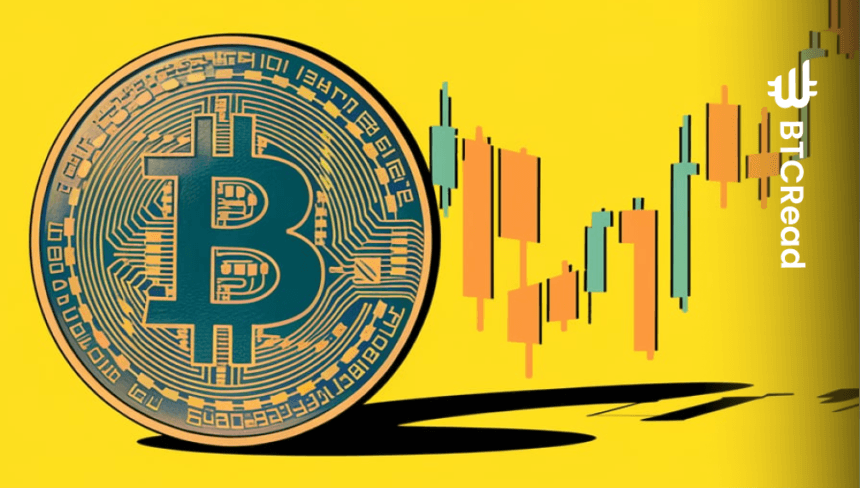South Korea’s Financial Investment Association (KOFIA) has been campaigning for approval since 2024 for crypto exchange-traded funds (ETFs). Recent domestic reports confirm that the group is actively lobbying for a switch in laws to permit such investment tools.
KOFIA’s chief, Seo Yoo-seok, addressed the matter during a press conference on Feb. 5, citing increased demand for cryptocurrencies, with older investors specifically interested in them. According to him, direct access to virtual assets carries a high level of risk, one that can possibly be lowered through regulated investment instruments such as Bitcoin and Ethereum ETFs.
The global marketplace for cryptocurrencies is seeing significant realignments, with political events such as the election of Donald Trump having an impact on trends. South Korea saw a record 450% rise in new registrations for exchanges, with almost 40% of new registrations being for citizens over 40 years of age.
Despite this heightened demand, cryptocurrencies have not qualified under the Capital Markets Act as securities, according to the Financial Services Commission (FSC). As it stands, such a position in regulation excludes crypto-backed ETFs from the domestic market. There have, however, been efforts to review such restrictions.
KOFIA and the future of crypto asset investment in Korea
South Korea continues to dominate in the global community of cryptocurrencies. Korean won took over from the US dollar in early 2024 to become the most traded fiat for cryptocurrencies. That fact attests to the country’s leadership in the field in consideration of its strong laws and regulations.
Strict Anti-Money-Laundering (AML) regulations have conditioned the local environment for cryptocurrencies. To offer fiat-to-crypto service, exchanges must tie in with domestic banks. On top of that, investors must use real-name accounts with a tie to a legal identity. All these have effectively shut out corporation and institution investors from direct trading in cryptocurrencies.
Since 2018, only five cryptocurrency exchanges have successfully secured partnerships with local banks, reinforcing the dominance of retail investors in South Korea’s crypto market. However, the push for ETFs could reshape the investment landscape by providing institutional investors with regulated exposure to digital assets.
KOFIA’s push for regulators to act is a key turning point for South Korean policy toward investments in cryptocurrencies. While such advocacy from a group shows growing acceptance of cryptocurrencies in traditional finance, regulators have the deciding voice. Whether South Korean financial regulators will approve crypto ETFs is not yet determined, but increased demand is driving momentum toward a larger investment model.







